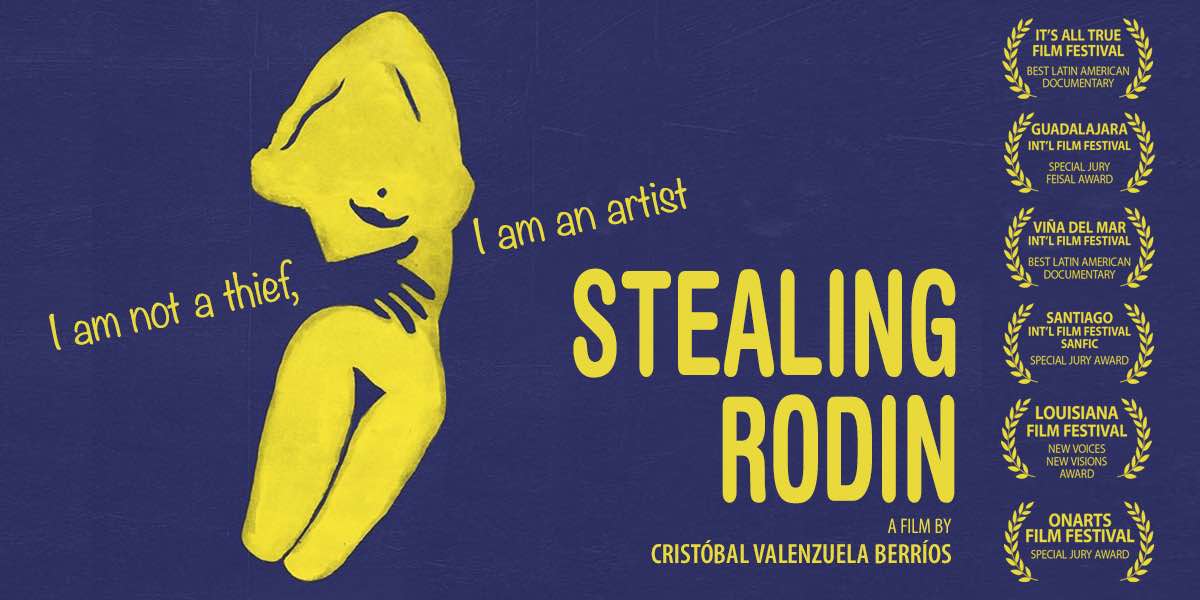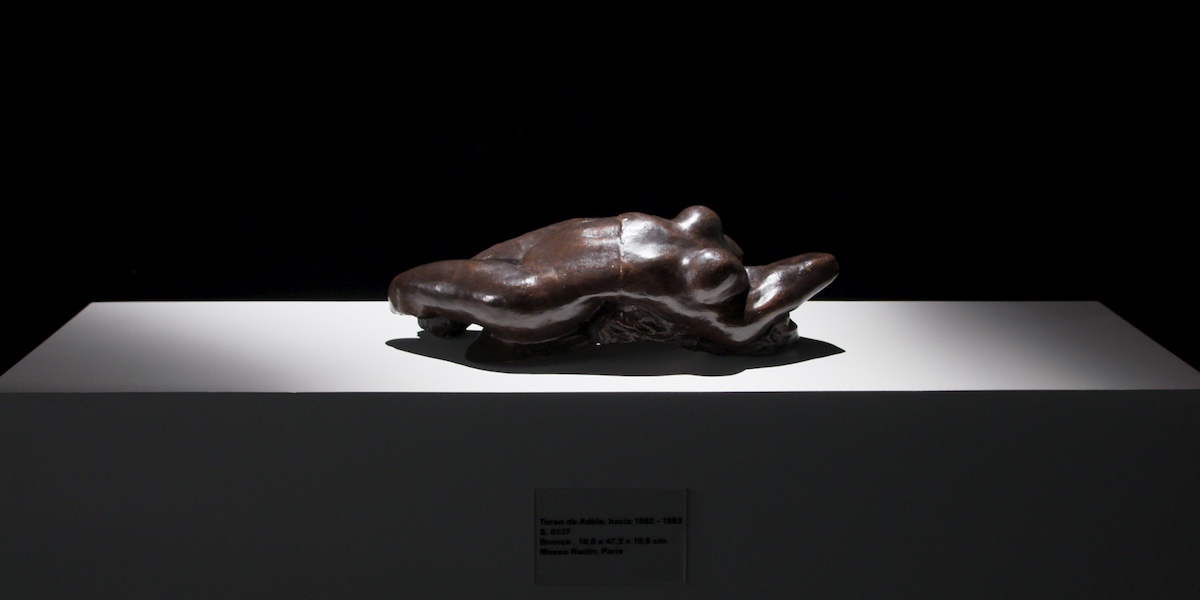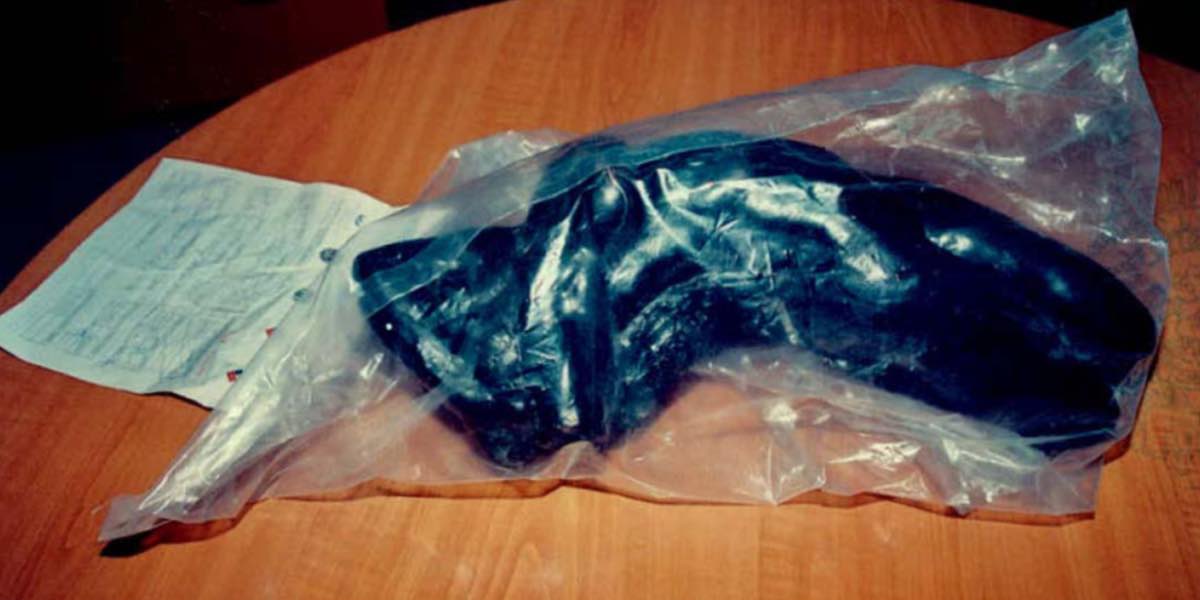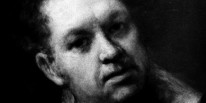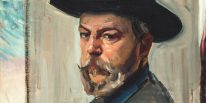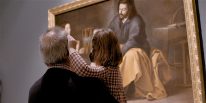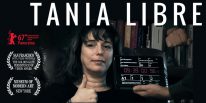In the style of Exit Through the Gift Shop, Stealing Rodin is a critical and humorous statement about Art and the market around it. The documentary traces the story of Luis Onfray’s artistic and criminal act. In 2005, the Palace of Fine Arts in Santiago, Chile, hosted a collection by celebrated French sculptor Auguste Rodin. The morning after the exhibit’s opening, museum guards were dismayed to find that one of the Rodin pieces had gone missing. This shocking discovery sparked a frantic search involving the museum’s staff, and soon the Santiago police. Meanwhile, public curiosity was sparked and the desire to witness the empty pedestal on which the masterpiece should have been made the Rodin collection the most visited exhibition in the history of Chile.
Interviews with famous artists such as Guillermo Frommer and Adrián Valenzuela, lawyers, cops, and theorists help us relive this infamous and daring event, while art student Luis Onfray himself explains the personal and artistic reasons for pulling off Chile’s greatest art theft.
